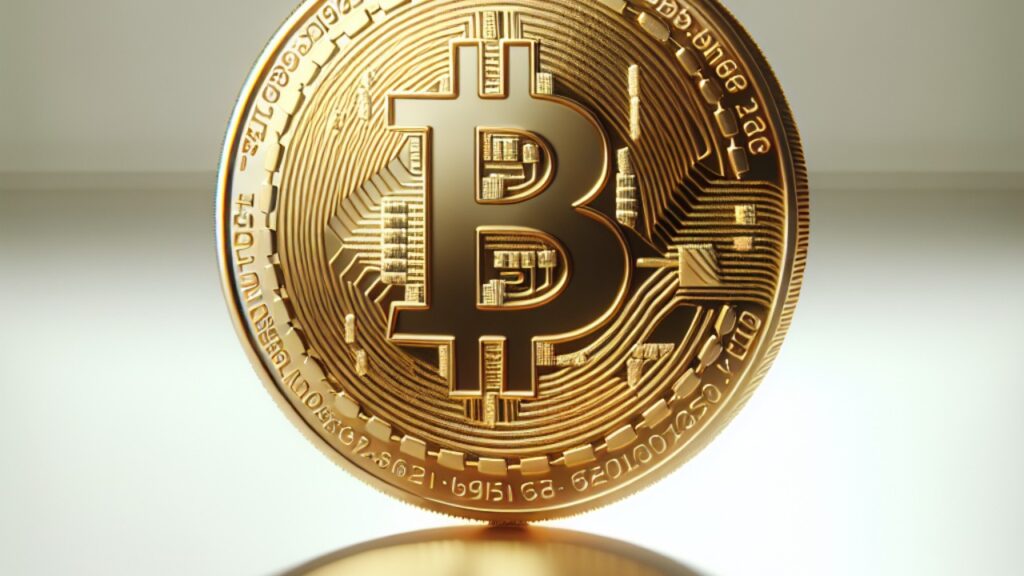Most likely, you’ve heard, seen, or read by now about how cryptocurrency holds the potential to create a society in which the wealthy and powerful no longer control the financial system. Cryptocurrency has many believing it can reconstruct the present system into a more equitable financial system.
Since the 2009 debut of Bitcoin, a great deal of progress has been done. For example, the introduction of smart contracts enables popular public blockchains such as Ethereum, Solana, and others to trade tokens through spot, futures, options, and the like. These smart contract features enable decentralized public infrastructure (such as public WiFi) and decentralized social media. A large amount of wealth is funding many brilliant software and web developers to bring about advancements in this field.
However, there are a lot of landmines right now. To rebuild their wallets in the event of a compromise, users of numerous cryptocurrency digital wallets are still required to store 12- or 24-word sequences as a backup restore file.
Sending tokens to the wrong person via the incorrect network or address could result in more problems. These tokens could be valued hundreds of thousands or even millions of dollars. For instance, your nightmare would start if you mistyped one of the characters in the recipient wallet, which is intended to be 0xabcdefgh12345 on Ethereum. The money may be lost permanently in many cases.
For those who are unfamiliar with cryptocurrency, these situations are intolerable since they are accustomed to a world where banks and other financial institutions are always willing to provide a hand. Regretfully, mistakes can have deadly consequences in the realm of cryptocurrency.
Things are starting to improve. For instance, cryptocurrency users frequently transfer funds to wallets whose addresses consist of a lengthy string of letters and numbers, such as 0xabc123, which has numerous characters like this:
“0xA1bCd2eFGh3jkL5m51r24xc4b1255wTA6C31xw4y”
Some individuals may be tricked by hackers and con artists into believing that an address that looks similar but has one character changed is the same wallet when, in fact, it is not. Unless we have the time to examine every character, we humans are sadly not really able to discern that. Let’s just say that it’s not user-friendly. Luckily, in order to avoid inputting the wrong character, you can also utilize the recipient wallet’s QR code.
Alternatively, you can know the intended recipient’s wallet address, but you sent it via the incorrect network. Well, you might still lose that cryptocurrency if it doesn’t end up in the wallet you intended.
There are also a lot of ongoing hacks, both technological and social in nature. For example, most people would anticipate the @WhiteHouse Twitter/X account to not ask for money and to have been hacked if it did, but a small number of people may still fall for the hoax.
To make cryptography so error-proof and user-friendly that mistakes are unthinkable, a great deal of work remains. Too many people will be complaining about lost or stolen funds if developers fail to take these steps, thus we cannot expect the promise of a free and fair financial system based on cryptocurrency to materialize anytime soon.
It may be useful to techies and nerds, but not much else will.








